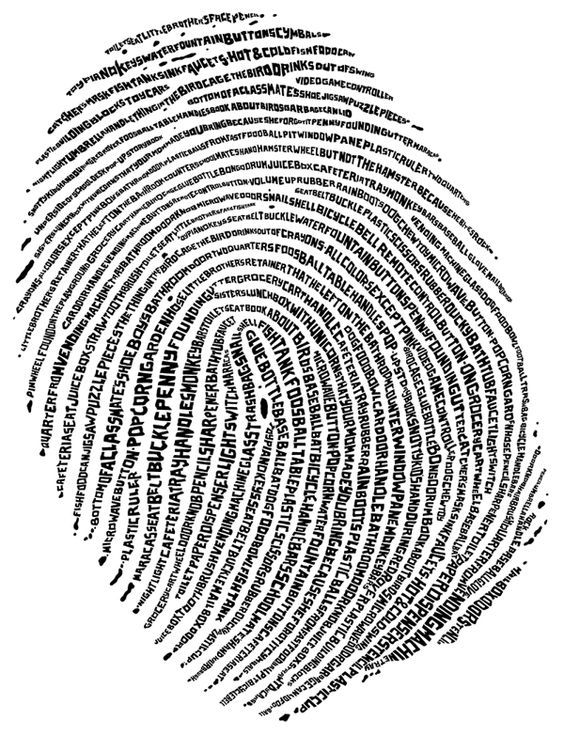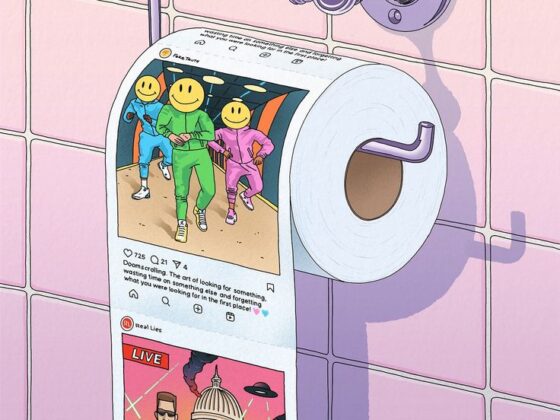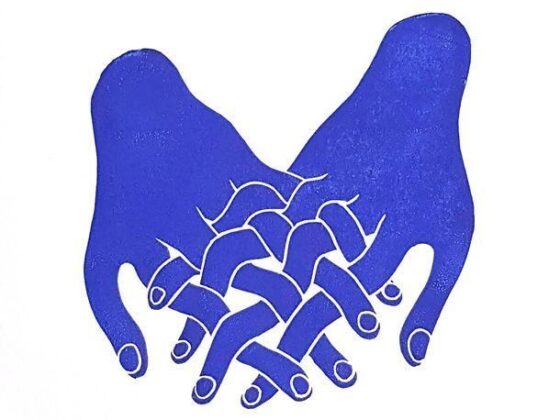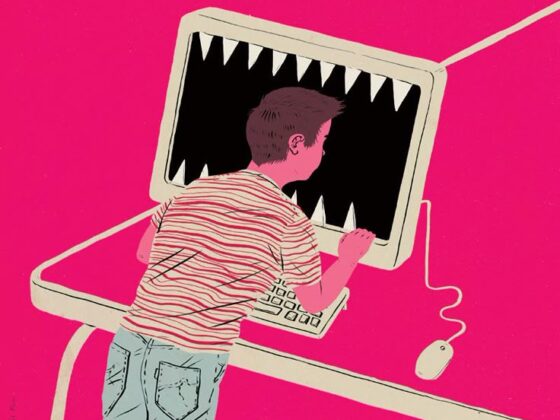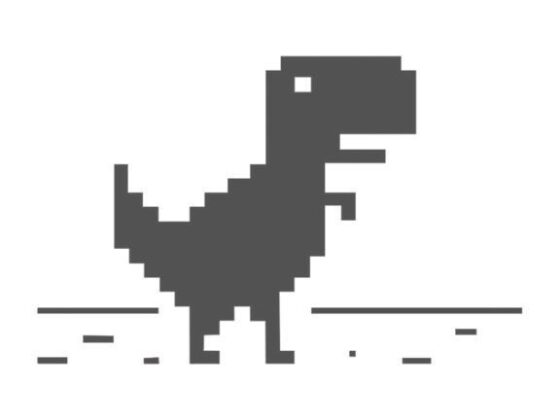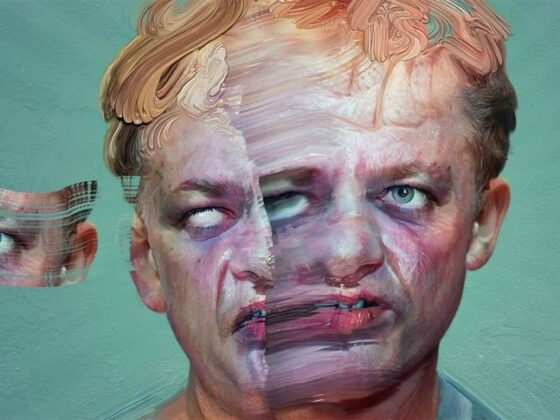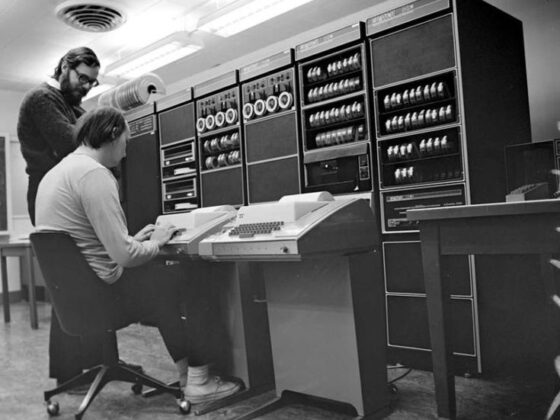There was a time when books felt like an escape. A break from the screen, from the endless scroll, from the dopamine loops of digital life. But in my observation, even contemporary literature has absorbed the rhythms of the internet. The fragmented prose, the obsession with documentation, the near-compulsive linking of facts and references—these are the marks of a writer shaped by search engines, feeds, and the aesthetics of online culture.
It’s not just what writers write about, but how they write. Sentences read like status updates: concise, aphoristic, engineered for quotability. Chapters unfold like well-curated Instagram grids—more about mood than meaning, more about arrangement than depth. Even physical books feel like artifacts of the internet, their popularity often dictated by social media buzz rather than literary merit.
But this isn’t just about literature. It’s about how the internet changes the way we think. When every fact is instantly retrievable, depth gives way to connection-making. When attention is fragmented, ideas are compressed. When everything is documented, writing becomes self-aware. The result is a literary landscape that feels more like a mirror of our digital habits than a respite from them.
To read today is to recognize a shared affliction. The internet isn’t just something we use—it’s something that uses us, reshaping even the ways we tell stories. And for better or worse, our books now carry its fingerprints.
